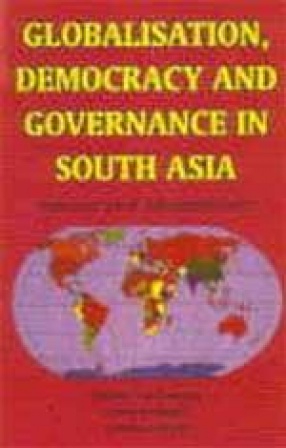Information is indispensable for the functioning of a true democracy. It is the currency that every citizen requires to participate in the life and governance of society. the greater the access of the citizen to information, the greater would be the responsiveness of government to community needs. The right to information has been recognized as a fundamental human right, intimately linked to respect for the inherent dignity of all human beings. No government can now deny that the public has a right to information or that fundamental principles of democracy and accountability demand that public bodies operate transparently. Today, there is an exciting global movement towards recognition of the right to information by states, inter-governmental organizations, civil society and the people. In India, the right to information has been developed through diverse strands for almost the entire period of the country’s independent history. After decades of hectic lobbying, the efforts of civil society for entrenching the right to information in India were finally rewarded on 12 October 2005 with implementation of the Right to Information Act 2005. This book attempts to outline the significance of the right to information and its role in creating a better society. It tries to empower the ordinary citizens by providing authentic information of the potential of this fundamental human right, which has proved to be indispensable for the functioning of democracy, an effective antidote to corruption and as a critical factor in the socio-cultural, economic and political development. It also looks at significant developments at national and international levels, recognizing the right to information.
Globalisation, Democracy and Governance in South Asia: Issues and Alternatives
Issues and problems of ...
$40.85
$43.00










There are no reviews yet.